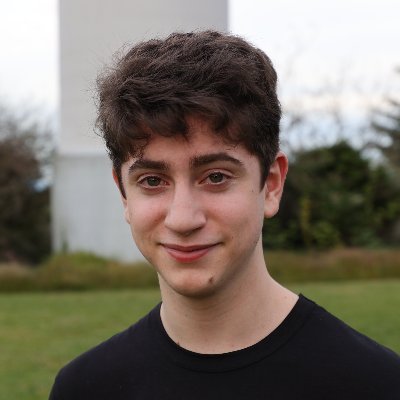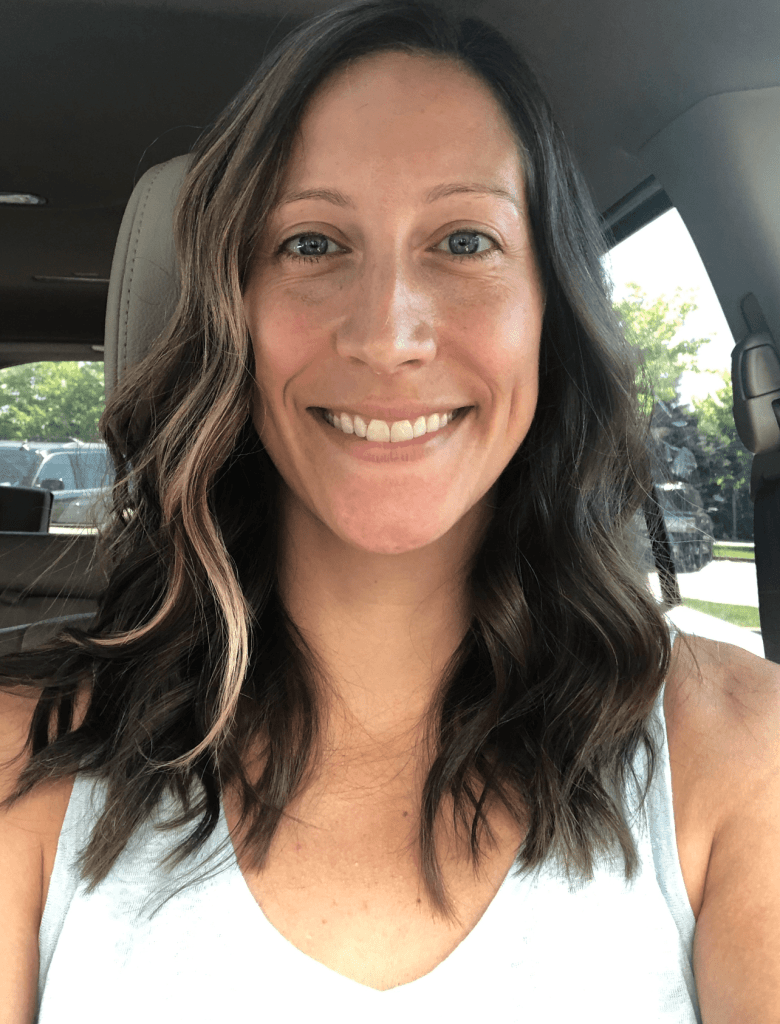The Professionals Cohort (Pennsylvania and Florida)

As the only nominee team of our all our nominees, both Dr. Andrea Love (Pennsylvania) and Dr. Jessica Steier (Florida) would independently be finalists in our professionals and/or specialists cohort if we split them up.
We chose to select Dr. Love and Dr. Steier as a team in our finalists cohort because of their joint commitment to public information during COVID-19 through their weekly Unbiased Science podcast.
From Dr. Jessica Steier:
“I am a public health data scientist with expertise in health policy evaluation and advanced data analytics to support population health improvement efforts. I’m the co-founder and CEO of Vital Statistics Consulting– a woman-owned public health data analytics firm engaged in projects such as the mix-methods evaluation of a statewide comprehensive primary care initiative in a midwestern state. “

Photo credit: Josh Pelta-Heller
“Most relevant to the pandemic, I designed and led a SARS-CoV-2 serosurvey for one of the largest FQHCs in the country, for which I am also developing a COVID-19 data dashboard. I am currently leading research on disparities in COVID-19 test positivity and vaccine uptake across different sociodemographic groups and subpopulations, as well as investigating impacts on other COVID and non-COVID related outcomes such as healthcare utilization, changes in preventive and wellness visits, and long-term outcomes.
“I launched the Unbiased Science Podcast, which I co-host with my brilliant immunologist colleague, Dr. Andrea Love, which aims to translate and communicate scientific research to the general public. Lastly, I teach coursework in biostatistics and epidemiology to clinical students with the goal of emphasizing the importance of the critical appraisal of evidence and life-long learning.”
From Dr. Andrea Love:
“I am an immunologist and microbiologist previously from academic research who currently works full-time in the biotech industry on research and assay development for cancer biology, immunotherapy, vaccine research and development, and other fields. “

Photo credit: Josh Pelta-Heller
“Science literacy and education is a passion of mine, and I’ve sought out other opportunities throughout my career to serve as a resource and subject matter expert to promote access to credible science. Once the pandemic started, I felt an obligation as someone in the field to provide distilled explanations and information to the general public, especially with the real-time emergence of data that was shared (and often misinterpreted) by media outlets, government agencies, and other organizations around the world.”
“After some time doing this on my personal social media pages, I joined forces with an old college classmate, public health scientist Dr. Jess Steier, to form the Unbiased Science Podcast. We provide continuous updates on the pandemic – from the science behind the novel virus, mechanisms of infection and transmission, mitigation measures and evolving recommendations, tracking infection metrics, emergence of variants, demographics and distribution of morbidity and mortality, and of course the ongoing clinical trials and regulatory review of vaccines.”
“One of the unique aspects of our project is that we collate and provide data in multiple modalities in order to effectively tackle the spread of disinformation. We have a weekly podcast that covers an array of scientific topics, many of which are directly related to COVID-19, vaccine research and development, public health, and clinical trials. We have active presences on social media (Instagram, Facebook, and LinkedIn) where we create daily infographics, data summaries, and other updates related to the pandemic. “
“And finally, we are actively engaged with media outlets, and have been interviewed by Philly Magazine, NBC News, VeryWell, (as examples), in addition to penning our own op-Ed discussing the need for scientists to join forces with the media to spread credible data. It is a multi-pronged approach that is overcoming the dearth of reliable data amongst a sea of disinformation.”
A few words from those who nominated Dr. Andrea Love:
“Andrea has been on the frontlines of the fight against coronavirus doing vaccine research. She uses her personal time to educate the community on the pandemic and best ways to stay safe, and is always available to answer everyone’s questions. She is a tireless advocate for real science and believes passionately in providing the public with honest and accurate information. Though she is frequently attacked by deniers/hoaxers, she engages them in a professional manner and remains grounded in facts and science in providing counterpoints. She is an inspiration to everyone around her and deserves to be recognized for the front-liner, first-responder, and champion of science that she is.”
“Dr. Andrea Love and is devoted to objective, critical appraisal of available evidence on science and health-related topics relevant to listeners’ daily lives.”
A few words from those who nominated Dr. Jessica Steier:
“Dr. Steier has worked tirelessly since the beginning of the pandemic. She launched a podcast (Unbiased Science) and social media page aimed at scientific communication for the general public in an attempt to make science more accessible. She is a public health scientist, applied statistician, and health policy expert by training but somehow managed to translate research in a way that is understandable for all. As CEO of Vital Statistics Consulting, she has also designed and led COVID-related research looking at test positivity rates across different subpopulations with an emphasis on the underserved. She has also led a multi-day summit with other experts in the field to translate COVID science, as well as a panel with faith-based leaders of contained communities aimed at combatting distrust of science and the medical establishment. She does all of this while being a mother to two young children and juggling lots of matters in her personal life. She is a real data shero!”
“Jessica has persisted relentlessly since the onset of the pandemic to educate and inform without insult or judgement about everything COVID. She has responded instantly to rumors with scientific fact and answered questions before we even knew we had them. She has aligned and acknowledged, empathized and sympathized always with passion and compassion yet never compromising her ultimate goal to educate based on fact.”
Click here to to visit the Unbiased Science podcast website.








